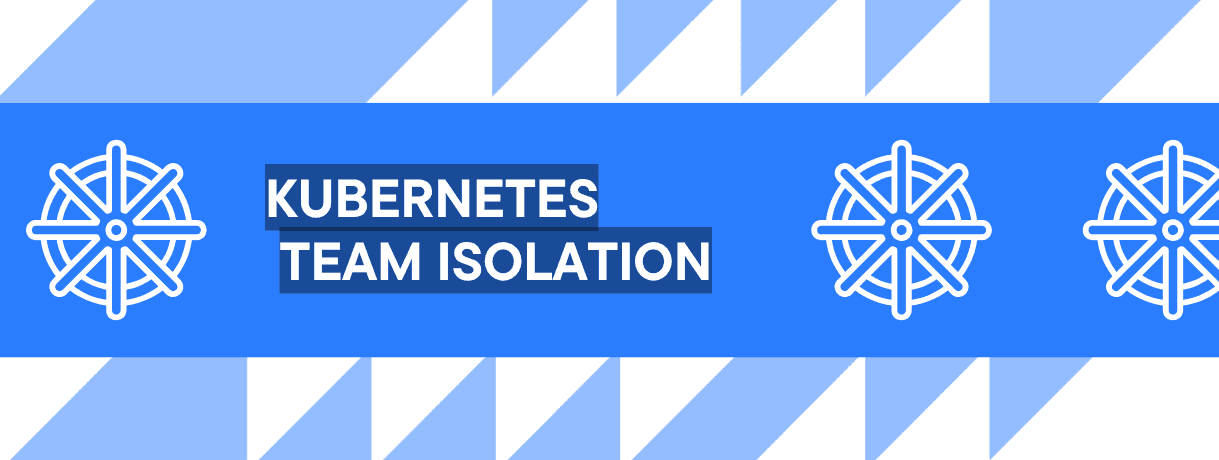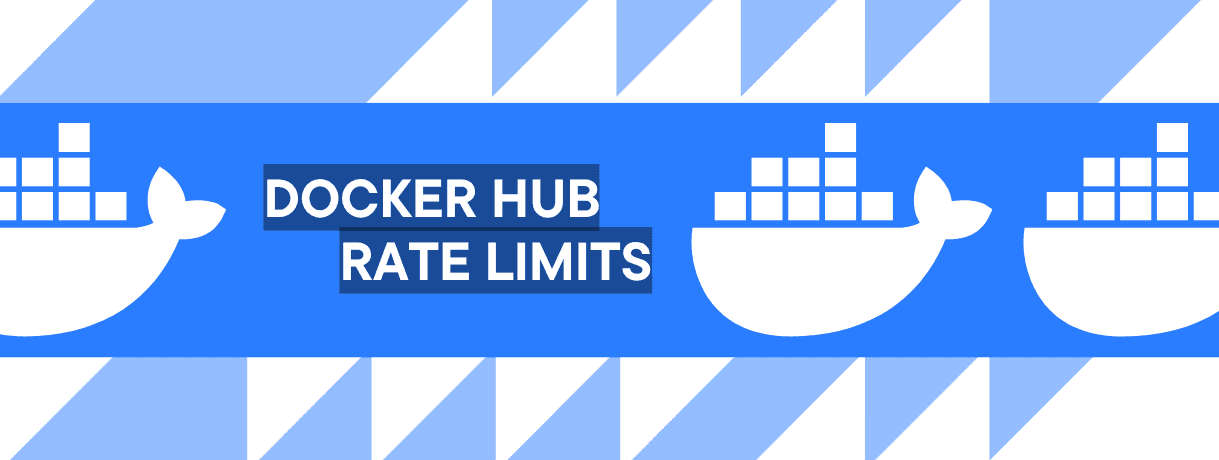EFFICIENCY
AWS
Fleet Complete Improved Service Scalability and Team Efficiency with Kubernetes and AWS
Tarmo Trumm
14. December, 2022
About Fleet Complete
Fleet Complete is a leader in fleet management, asset, and workforce management IoT solutions, managing globally over 500,000 mobile sites and over 30,000 businesses, with AT&T in the US, Telus Canada, Telstra Australia and T-Mobile Europe as key partners. Fleet Complete continues to be one of the fastest-growing companies in North America, having won numerous innovation and growth awards.
Problem: Fragmentation, Overload and Scalability Issues
FC+ software platform that is powering Fleet Complete Scandinavian and European services consist of tens of applications with complicated dependencies, batch processing, and high availability requirements. At the beginning of 2018, there were multiple initiatives to deploy the FC+ product for new customers on various clouds and on-prem infrastructure. So far, the team was operating one massive deployment. Fleet Complete Estonia now has to manage multiple sites in heterogeneous infrastructure environments. Although the initial operations were heavily automated, deploying the FC+ to numerous clouds and was intensive and complicated. The team was overloaded. Data ingest service was reaching the scalability limit and had frequent incidents. It was clear that to keep up with the workload, additional human resources and software refactoring were required.
Solution: Kubernetes and Refactoring
Entigo worked with Fleet Complete software engineers to refactor and containerize all FC+ proprietary applications. Kubernetes container orchestrator was used to provide an infrastructure neutral operations environment. Kubernetes enabled the teams to standardize FC+ application layer deployment architecture, tools, and operations processes. Instead of managing multiple infrastructure specific codebases, the FC+ platform becomes unified in all sites.
The joint team refactored the Data Ingest service and improved the scalability by ten times. Kubernetes and automated processes enabled the team to use the strangler pattern for refactoring the monolith Data Ingest application. AWS Managed Kubernetes service enabled the team to focus on the applications from day one. AWS helped to avoid the need to build a private Kubernetes infrastructure.
Also, to get the Fleet Complete software engineers up to speed with developing applications that run on Kubernetes, two on-site pieces of training were delivered. All key software engineers working on FC+ applications received a Kubernetes and Application Containers training at Certified Kubernetes Application Developer level.
Result
FC+ new site deployment time was reduced more than four times. Developer training has helped to align the software engineering and operations teams and has considerably reduced the time spent on discussing deployment-specific details. The unified operational environment has diminished the operations team workload so that the existing team can keep up with the work, and there is no longer a need to hire more operations engineers.
Results:
- from one deployment in 2018 to 4 in 2019;
- in 2019 6% more time is spent on engineering, compared to 2018;
- 75 incidents in 2018 to zero in 2019;
- investment payback period of less than one year.
READ MORE

DEVOPS
How Crossplane compositions turned infrastructure tickets into self-service APIs

EFFICIENCY
From tech stack to business value: platform engineering & Kubernetes

DEVOPS
Team isolation in Kubernetes: the four-layer stack that actually works

DEVOPS
Mitigating Docker Hub rate limitations and Crossplane package restrictions with registry proxies
info@entigo.com | (+372) 600 6130 | Veerenni 40a, Tallinn, 10138
